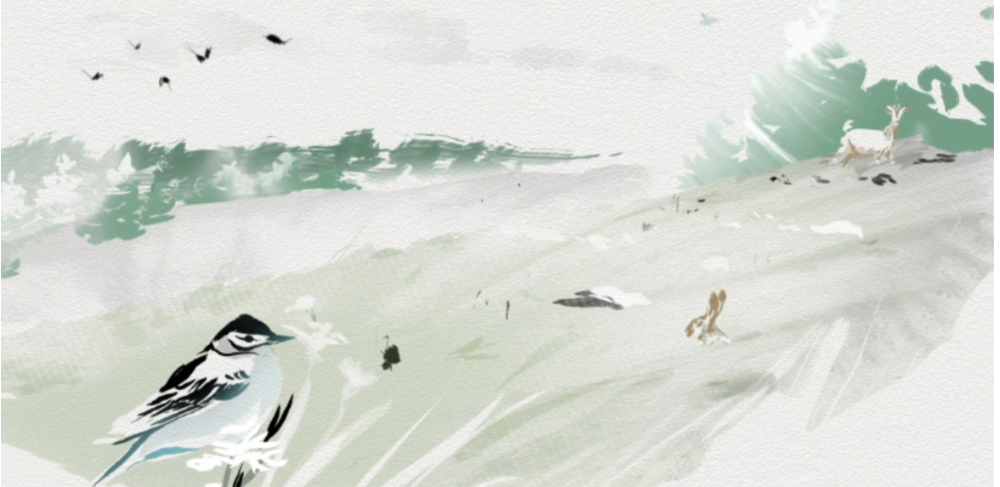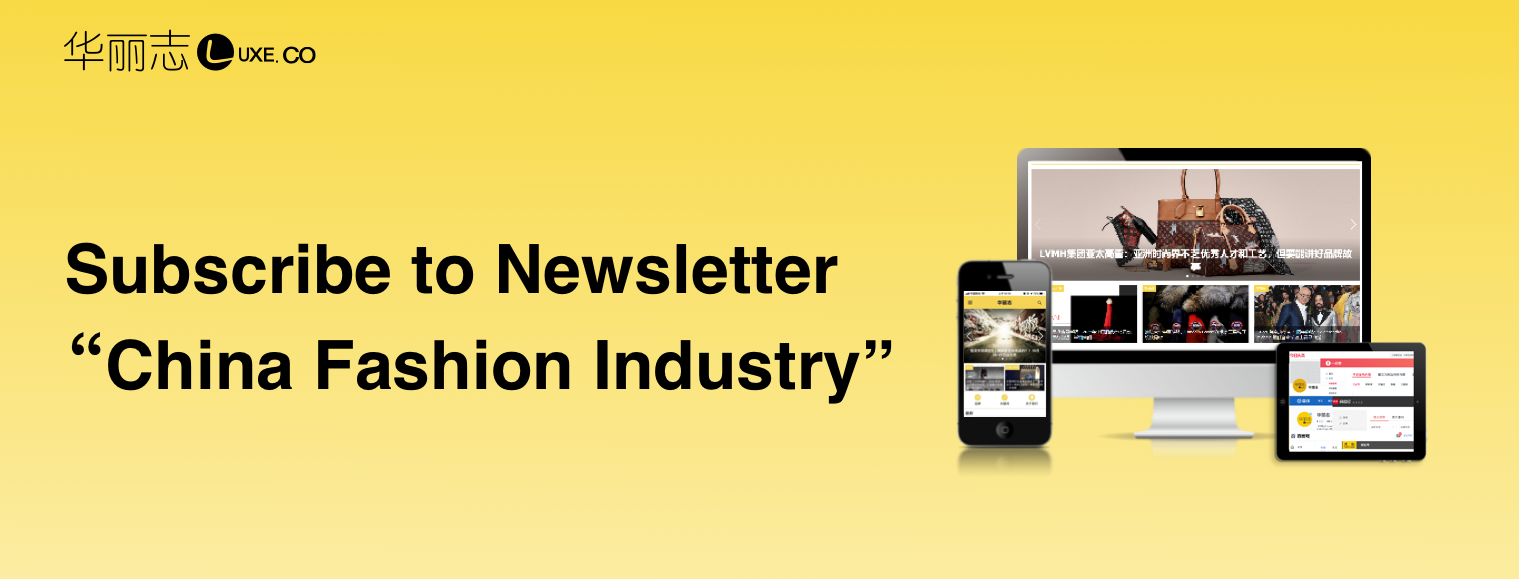LuxeCO Intelligence: Seven Themes of the Sustainable Development of the Luxury Industry
April 29,2022
If luxury brands were playing a dispensable тsupporting roleт amidst the raging global waves of тsustainable developmentт in the pre-pandemic era, more of them are seizing the opportunities of the time to become the undeniable тprotagonistsт after the swift rebound of the industry. Not only have they taken more effective and adventurous sustainable measures one by one, but theyтve also formulated ambitious strategic goals on sustainability.
As the earliest research institute that tracks and investigates the sustainable development of the luxury goods industry, up until the end of March 2022, LuxeCO Intelligence owned by Luxe.CO has included 1430 relevant updates of 538 brands/corporations around the globe (including 68 international luxury brands, 90 domestic fashion brands, 316 fashion and outdoor sports brands, and 64 others), 344 original sustainable brands and 208 companies that manage the supply chain of the industry.
LuxeCO Intelligence issued its exclusive research report Seven Themes of the Sustainable Development of the Luxury Industry based on the relevant information on the industry from the dynamic and updating тDatabase of Sustainable Fashion.тТ The report highlighted 32 important cases of sustainable efforts made by major luxury companies over the past two years, and concluded seven major themes as follows:
-
- Recycle and Upgrade Become Common Practice
- Second-hand Items Become New Fashion Alternatives
- Sports Shoes Are Green and Hip
- Companies in Developing Sustainable New Material Step Up
- Renewable Nylon Plays a Leading Role
- Alternatives to Genuine Leather Crop Up
- Educational Fashion Events to Promote Sustainability

Click here to download the report (in Chinese)
The outbreak of the COVID-19 pandemic in 2020 propelled the transformation towards sustainability of all kinds of industries. The luxury goods industry was no different as it stepped up its effort to realize sustainable goals. To promote sustainable transformation of the industry and get a grip on persistent industry issues, many luxury goods companies started their independent R&D, cross-industry collaborations and investment in start-ups.
Sustainable development is both a challenge and opportunity. Compared to regular sustainable measures, becoming an innovator and leader in the field can create competitive edge for luxury brands by differentiating their brands from the rest.
As the chair and CEO of the Kering Group, Mr. FranУЇois-Henri Pinault said, тLuxury and sustainability are one and the same.т At the first "K Generation Award" Ceremony in Shanghai, he stated that sustainability can amount to the establishment of innovative and disruptive rules instead of adding new rules on top of existing ones to maintain the status quo; if we could integrate the idea of sustainable development in the early stage of design and creation from the get go, we would discover more sustainable business models which stand for enormous opportunities.
With this report, LuxeCO Intelligence intends to help you develop a systematic understanding of the realities and prospects of the sustainable development of the global luxury goods industry. By studying the commitments and best practice of companies, we could gain experience, draw inspiration and marshal the courage to act. Cases in the report involve the following brands: Loro Piana, HermУЈs, Salvatore Ferragamo, Valentino, Mulberry, Gucci, Prada, Loewe, Stella McCartney, Chanel, Longchamp, Burberry, Moncler, Montblanc, Louis Vuitton, Canada Goose, Missoni, Kering Group, Hogan, etc.












Comments